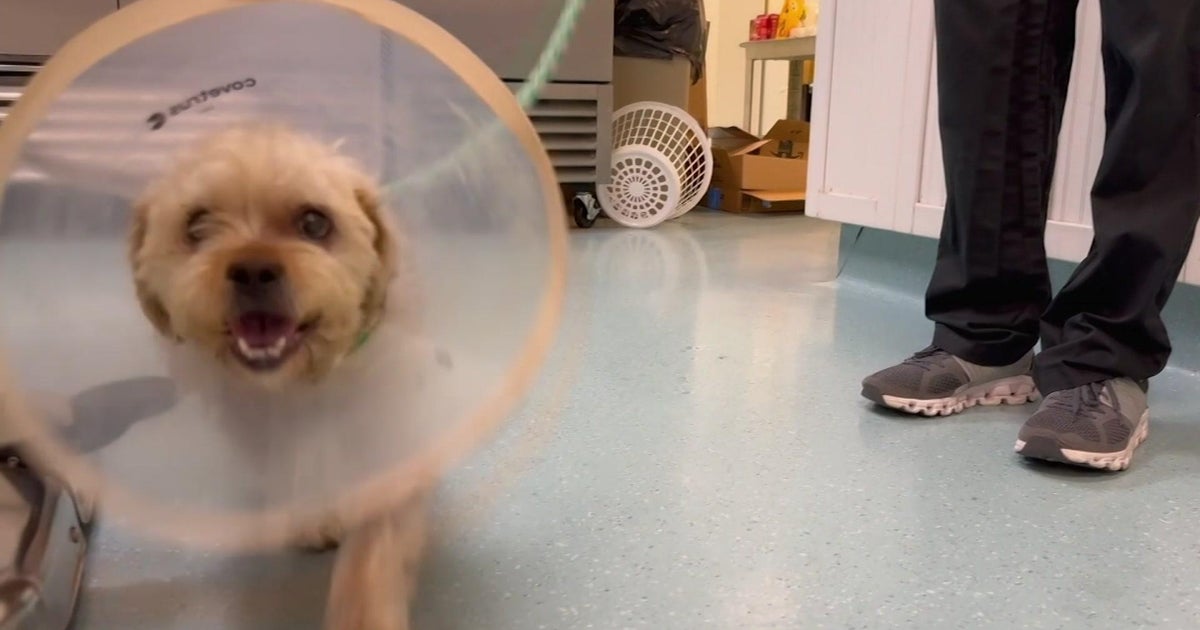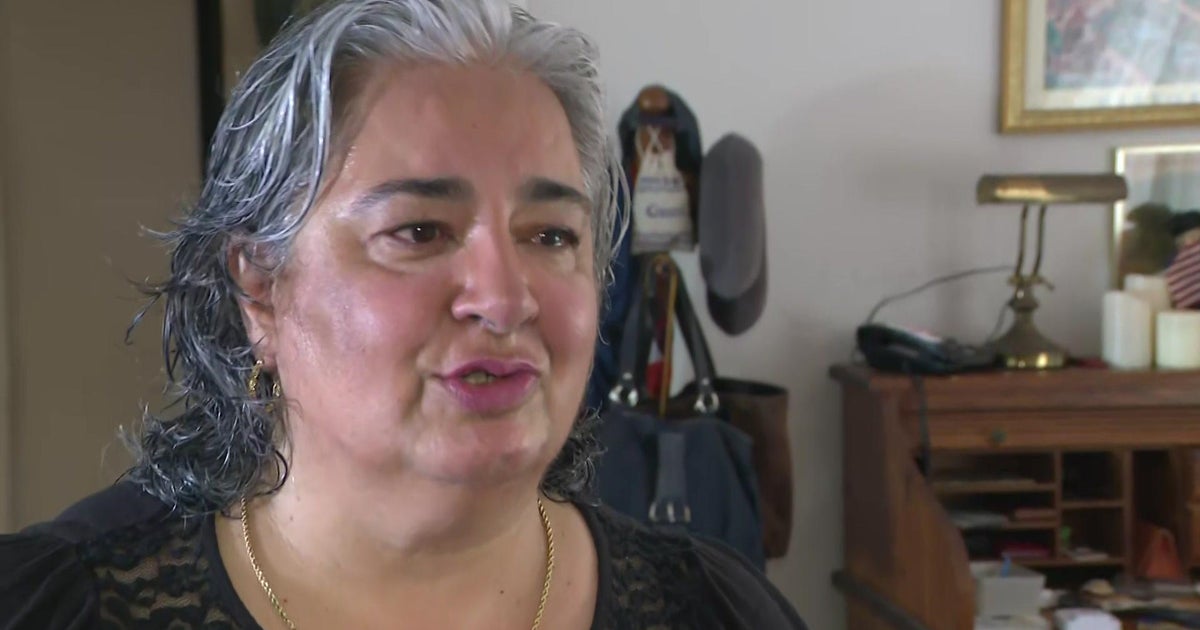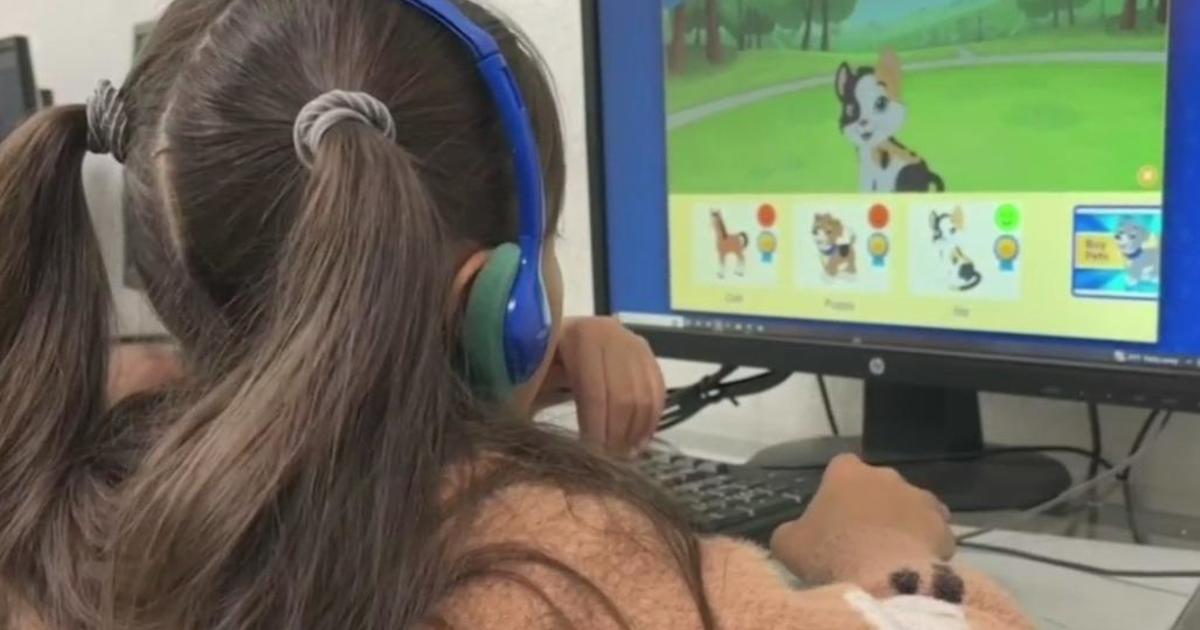Pet Danger In Your Medicine Cabinet
MIAMI (CBS4) – Accidental pet poisonings are on the rise and some of the most common toxins are medicines taken by their owners.
That's right – people pills.
As we take more pills for our daily aches, pains and diseases, it turns out our four legged friends are also finding their way into out proverbial medicine cabinets with drastic consequences.
The American Society for the Prevention of Cruelty to Animals said its Animal Poisoning Control Center took in more than 180,000 calls last year about pets getting into poisonous substances. Prescription medicines for humans accounted for a majority of those calls.
"When people take their pills, they drop them on the floor, that little dog is just right there to scoop it up. So heart medications are number one. Also we have a very high number of animals eating things like antidepressants and ADHD medications," said veterinarian Tina Wismer with the ASPCA's Poison Control Center.
Over the counter medicines also present a problem.
"It only takes one um-extra strength naproxen to kill a Shih Tzu type dog. Ibuprofen can cause stomach ulcers and kidney failure in dogs and cats and acetaminophen can actually cause the blood to change so it can't carry oxygen and cause liver failure," said Wismer.
Supplements make up more of the scares. They are more popular than ever with people and more enticing to animals.
"Companies are constantly making more and more palatable uh supplements uh and the soft gels for example um are made from a gelatin, which is made from cow hide, which might be attractive to an animal," said Dr. Rod Cooperman with ConsumerLab.com.
Dogs are more likely than cats to sniff their way into trouble with Labrador retrievers leading the canine category.
No matter the breed, how an animal recovers after an accidental poisoning depends on its weight, what kind of medicine it consumed, its prescription strength and how much was ingested.
"I don't think the companies are going to make changes to their products to keep them safe from pets but I think people can certainly be more aware that these can cause problems for their pets," said Cooperman.
So how do you protect your pet?
"Make sure that they can't get on the counters, that the medications are kept in locked cabinets or definitely up high so they can't get to them," said Wismer.
Another big toxin which pet owners have to watch out for is insecticide, both the indoor and outdoor varieties.



